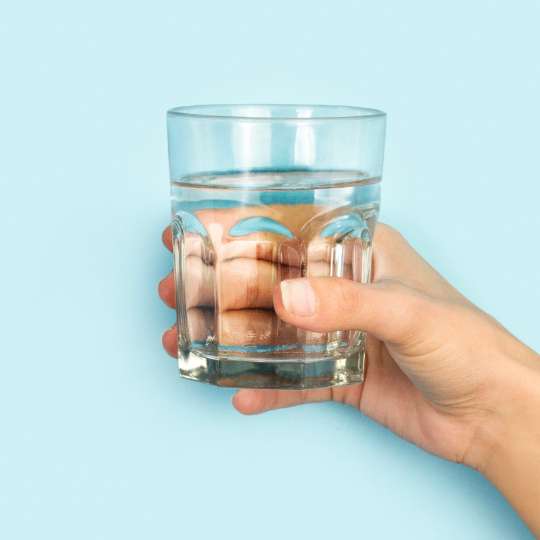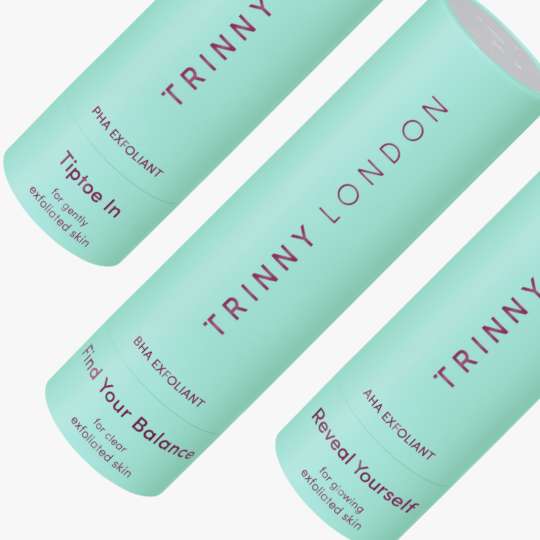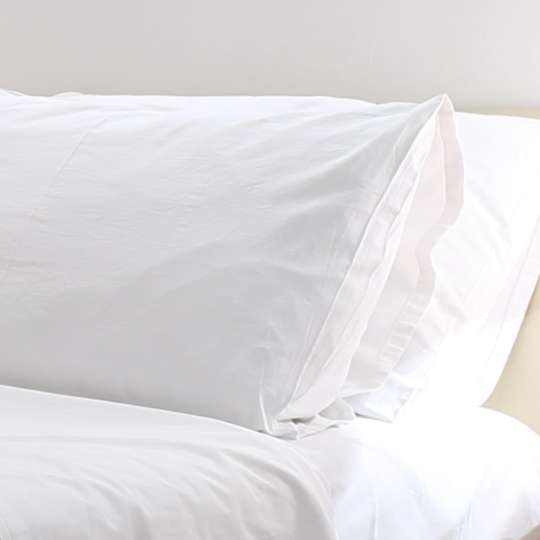

Why is drinking water so important?
The benefits of drinking water are huge, especially when you consider it makes up more than 60% of the human body. Our bodies can survive for weeks without food (not that we’d want to give that a try) but only a matter of days without water. Think of it like petrol in a tank. If we’re running on empty, we can’t function.
The benefits of drinking water for the body include (but are not limited to):
-
Keeping our digestive system running smoothly
-
Helping to avoid kidney stones
-
Improving memory and focus
-
Maintaining a healthy weight
It is recommended we drink around 8 glasses of water a day, but this number can rise further depending on how much you’re sweating. You will probably need to consume additional water if you’re exercising or the weather is hot. On the flipside, most people find it more difficult to reach their water-drinking goals during the winter, or when they’re not being active, as the feeling of thirst is decreased.
Alternatives to water that will help you rehydrate
So, what happens if you don’t feel thirsty, or trickier yet, don’t like the taste of water?
“It doesn’t matter the source of your water necessarily,” explains dietitian Dr Megan Rossi. “As long as it’s not a diuretic source like tea and coffee.” This means you can broaden your horizons surrounding what hydrating your body looks like. Water can be found in a number of different drinks that aren’t purely water, as well as in foods. Cucumbers, for example, are made up of more than 90% water. “There’s not really any evidence to suggest that getting your water from eating a cucumber versus a cup of water had any difference in terms of functionality in the body,” adds Dr Megan.
Eat your water
A slightly odd concept, we know, but stocking up on water-rich foods will help with hydration. As mentioned, cucumbers are a good place to start, especially in a salad with (also water-rich) spinach and tomatoes. Try incorporating more fruit into your diet as well, such as melons and oranges. These foods also bring with them other health benefits, such as helping to provide the body with essential vitamins and nutrients. Snacking on raw veg or fruit will likely stop you reaching for sugar or salt-laden convenience foods too.
Chill out
Put off by the tepid temperature of tap water? Something as simple as chilling your water can make it more enjoyable to drink. Decant into glass bottles and leave in the fridge or, if you’re short on time and less prepared, add a couple of cubes of ice.
Add a slice
Mask unpleasantness or add interest to plain old water by infusing it. Adding a slice of lemon, orange, cucumber or even strawberry will transform it into something much more palatable to even the most water-adverse – without the high sugar content of squash.
Take a tea break
Tea and coffee both contain caffeine, which is considered a diuretic. This means that they cause you to pass urine more regularly, contributing towards dehydration – the opposite of what we’re trying to achieve by taking on more water. However, studies seem to show this is a mild effect at most, and you’d have to be drinking coffee in pretty serious quantities to notice dramatic effects. For this reason, using your daily tea and coffee breaks towards your 8-glasses of water is still a helpful way to hydrate. If you’d still prefer to steer clear of caffeine, swap for decaffeinated versions or herbal tea.
Read, watch and be inspired...



